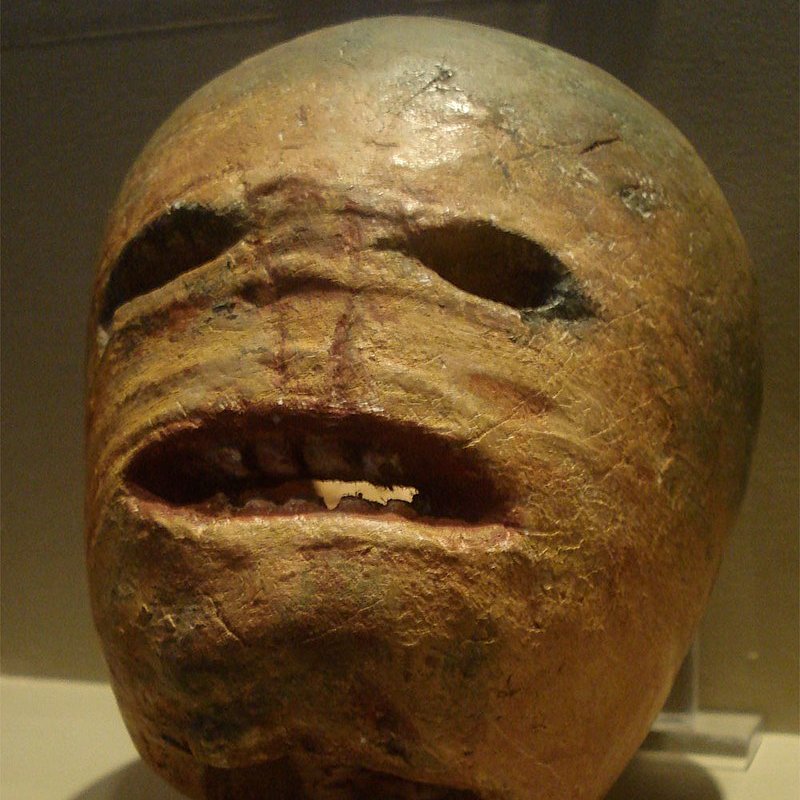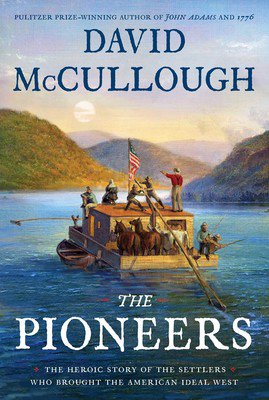
Bostonians in the 18th century did not specifically close down churches during epidemics. They didn't have to. They didn't have germ theory, but with smallpox their system of close watch and quarantine was so effective that they managed to control most outbreaks.
If you had smallpox, you were required to tell a city official or selectman. The selectmen would either take you to a closely guarded pest house or build a fence around your house with a posted guard so that no one could enter or exit, usually for 21 days.
People closely watched the quarantine houses to make sure there were no lapses. The names and addresses were typically published in the newspaper, so people could know to stay away.
I describe one case in my book where a woman was believed by her neighbors to have left her house while under quarantine to have attended a sermon by George Whitefield in a packed church with thousands of people.
Alarmed, the selectmen questioned her. If she had broken quarantine, she would have to pay a heavy fine and for triple the medical costs for anyone she infected. She insisted that it was her sister who attended the sermon not her. She managed to convince them she hadn't left.
All this is to say that 18th century Americans expected their local governments to do their utmost to stop disease and if anything government ordinances during covid-19 have been considerably lighter than what the Founding Fathers might have expected.
• • •
Missing some Tweet in this thread? You can try to
force a refresh






